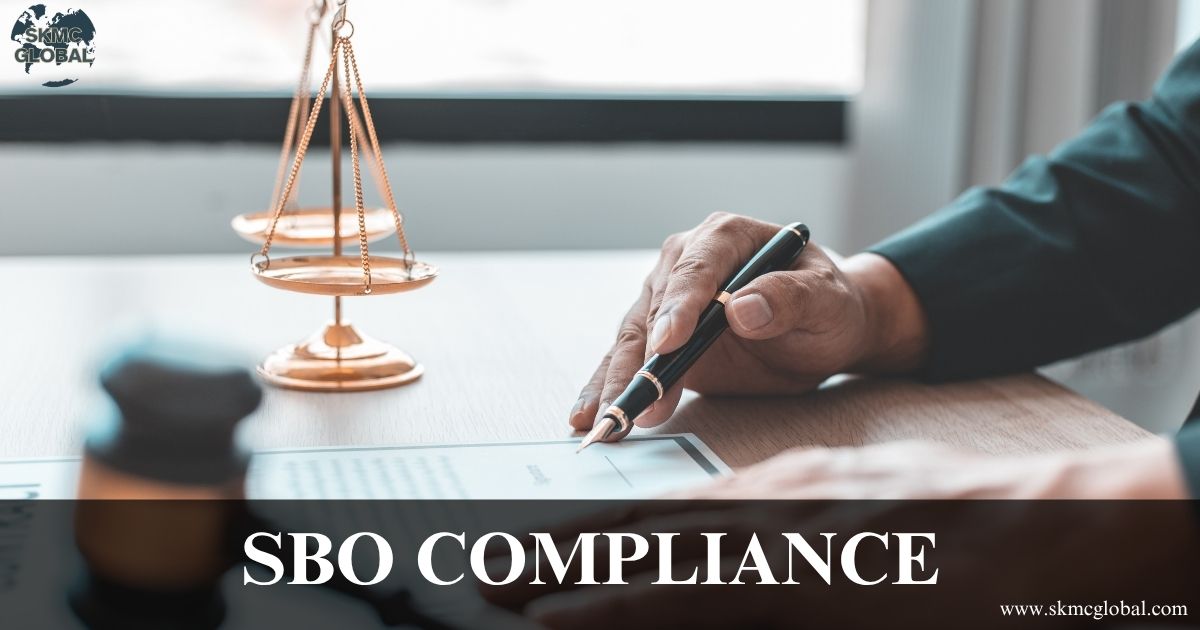
As the global economy has become more interdependent and open, the intricate corporate ownership structures have fallen under fierce scrutiny. India, as it is intent on fighting economic malpractices like money laundering and tax evasion, has led the charge in a comprehensive regime to identify and control Significant Beneficial Owners (SBOs). This piece explores what SBO compliance is all about, why it's so important, when it's required, and current trends that govern this influential regulatory environment.
What is Significant Beneficial Ownership (SBO)?
Basically, Significant Beneficial Ownership seeks to cut through the veils of complex corporate structures to identify the natural person(s) who in substance own, control, or exercise substantial influence over a company or Limited Liability Partnership (LLP). It's a matter of identification of the "real" persons behind a legal person, although their ownership is indirect.
The term SBO is dealt with under Section 90 of the Companies Act, 2013 read with the Companies (Significant Beneficial Owners) Rules, 2018 (SBO Rules). A person will be deemed to be an SBO if he, either alone or jointly, or by a single individual or more, or by trusts, has one or more of the below mentioned rights or interests in a reporting company/LLP:
- Indirect (or in addition to direct) holding of at least 10% of the shares/contribution.
- Indirect (or in addition to direct) holding of not less than 10% of the voting rights in the shares/rights in respect of management or policy matters.
- Right to receive at least 10% of the entire distributable dividend or other distribution made in a year of income, either through indirect holdings alone or in conjunction with any direct holdings.
- Right to exercise, or exercising, substantial influence or control in any way other than directly only.
Material influence is the ability to take part, either directly or indirectly, in a firm's financial and operating policy-making without control or joint control of such policies.
Why SBO Compliance is Important?
The significance of SBO compliance goes far beyond legal compliance with the rule. It is a crucial bulwark of sound corporate governance and financial integrity, motivated by a range of underlying objectives:
- Greater Transparency: Through mandating the revelation of ultimate beneficial owners, SBO compliance brings to light secretive ownership structures, encouraging transparency and accountability in commerce.
- Combatting Financial Crimes: It is a significant driver. SBO identification aids in the prevention and detection of financial crimes including money laundering, terror financing, tax evasion, and benami transactions (transactions done on behalf of some other person). India's compliant status with the recommendations of the Financial Action Task Force (FATF) is testament to this.
- Investor Confidence: Transparent and clear ownership structures create confidence in investors. Identifiable owners avoid the risk of concealed ownership, and companies become preferable for real investments.
- Enforcement by Regulations: The Registrar of Companies (RoC) has enforced much more stringently, with recent high-profile cases reflecting draconian penalties for non-compliance. This reflects the government's willingness to adhere to these rules.
When is SBO Compliance Required
SBO compliance is a periodic requirement of companies and LLPs in India. It is mainly initiated in the following scenarios:
- SBO Identification: Each company/LLP has to ascertain whether there is any person who is an SBO. This involves detailed analysis of their direct and indirect ownership structure.
- SBO declaration by the individual: The individual identified as becoming an SBO is obligated under law to make a declaration of his/her significant beneficial ownership to the reporting company/LLP on Form BEN-1 within 30 days of assuming such ownership or alteration thereof.
- Company's obligation to file: On receiving the declaration by an SBO, the reporting LLP/company shall file a return in Form BEN-2 with the Registrar of Companies (RoC) within 30 days from the receipt of the declaration.
- Maintenance of a Register: Companies/LLPs are required to keep a register of Significant Beneficial Owners in Form BEN-3, which shall be available for inspection by members.
- Company Initiating Inquiry: Whenever a company is put on notice or has reason to suspect that a person is an SBO, has information about SBOs, or was an SBO in the previous three years and does not report his status, the company is required to send notice on Form BEN-4 to the individual. The individual will be required to respond within 30 days. Default in furnishing proper information may result in the company seeking the intervention of the National Company Law Tribunal (NCLT) for putting restrictions on the shares.
- Disclosing Annual Return: Information regarding the person nominated to ensure SBO compliance is also to be included in the annual return of the company (Form MGT-7).
Recent Amendments and Key Discussions
The SBO compliance situation is dynamic with the Ministry of Corporate Affairs (MCA) continually trying to improve the framework. The following are some recent updates:
- MCA's New Forms (July 2024): MCA has issued a recent notification (July 22, 2024) in lieu of the current Form BEN-2 with a new form. The new Form BEN-2 involves more disclosures, i.e., for:
- Change in particulars of a subsisting SBO under Section 90.
- Alteration of current holding reporting company. The amendment is to improve data accuracy and make it easier to record and report change in control or ownership. It also makes it clear that data in the form, hitherto to be uploaded as an Excel file, will now be included in a web form.
- Responsible Person Designation (October 2023): The MCA, by the amendment in the Companies (Management and Administration) Rules, 2014, has made it obligatory for each company to appoint a person (Company Secretary, Key Managerial Personnel, or in their absence each director) who would report information about beneficial interests and assist the RoC. This introduces transparent accountability in companies for compliance with SBO.
- Enhanced Enforcement and Penalties: The RoC has been stricter in its verification. Specifically, corporates like LinkedIn Technology Information Private Limited (LinkedIn India) have been fined for not recognizing and reporting SBOs. This indicates the RoC's stance that whoever is responsible, i.e., CEOs of ultimate holding companies, are SBOs, even though the immediate owner is yet another corporate entity. This is a stricter "look-through" approach.
- LLP application: SBO compliance has been applied to Limited Liability Partnerships (LLPs) by way of the issue of the Limited Liability Partnership (Significant Beneficial Ownership) Rules, 2023. This brings LLPs into the same regime of disclosure as companies.
- Ongoing Differences regarding Threshold and Clarity: Whereas SBO Rules had mandated a threshold of 10% for beneficial interest, Section 90(1) of the Companies Act, 2013, still specifies "not less than 25% or such other percentage as may be prescribed." This resulted in some legal conflict regarding whether the 10% threshold applies under the rules or not. Also, there is constant debate and need for greater certainty in sophisticated matters, i.e., possession through private discretion trusts with corporate trustees. The regulating authorities are always on their part working on their methodology so as to achieve a complete cover and cover uncertainties.
Impact on Businesses
The incoming SBO compliance regime has profound implications for businesses carrying out business in India:
- Increased Burden of Compliance: LLPs and companies have to spend time and money on the exercise of carefully ascertaining their SBOs, keeping proper books, and making timely returns. This involves careful analysis of complicated ownership structures.
- More Due Diligence: Companies, particularly those which are involved in transactions, mergers, and acquisitions, will have to exercise diligent due diligence in order to ascertain the SBOs of their counterparty companies so that they can steer clear of compliance traps.
- Increased Responsibility: The recruitment of a responsible individual in the company and the harsh penalty for non-compliance burden the management and people excessively to adhere.
- Reputational Risk: Non-compliance can attract harsh punishment in the form of imprisonment and fines and greatly tarnish the reputation of a company along with investors' faith. That this enforcement action is available further enhances the risk.
- Compliance with Global Standards: By implementing a strong SBO system, India complies with global best practice and anti-money laundering (AML) standards, and the world becomes a more credible and transparent financial system.
Conclusion
Compliance of SBO is now at the center of Indian corporate governance rather than on the fringes. It reflects the nation's commitment to introducing transparency, lowering financial misuses, and establishing a robust and trustworthy business environment. To each business in India, being aware and conscientiously adhering to key beneficial ownership rules is a requirement. The new regulations and tightened enforcement strengthen the message: the era of secret ownership is over, and open, transparent corporate forms are the way forward to sustainable development and a healthy economy. Being up-to-date with the most recent news and actively dealing with SBO requirements is not only a legal necessity, but an imperative of business strategy for any cutting-edge company.
Recent Posts
-
 The Step-by-Step NGO Registration Process in India...
Jan 17,2026
The Step-by-Step NGO Registration Process in India...
Jan 17,2026
-
 Secretarial Audit for Unlisted and Private Compani...
Dec 19,2025
Secretarial Audit for Unlisted and Private Compani...
Dec 19,2025
-
 How to Get CTE and CTO under Environmental Laws in...
Nov 27,2025
How to Get CTE and CTO under Environmental Laws in...
Nov 27,2025
-
 Step by Step guide for appointment of Independent ...
Nov 06,2025
Step by Step guide for appointment of Independent ...
Nov 06,2025
-
 Liaison Office vs Branch Office: A comparative ana...
Sep 02,2025
Liaison Office vs Branch Office: A comparative ana...
Sep 02,2025
-
 Role of Shareholders Agreement in Startups and Inv...
Aug 30,2025
Role of Shareholders Agreement in Startups and Inv...
Aug 30,2025
-
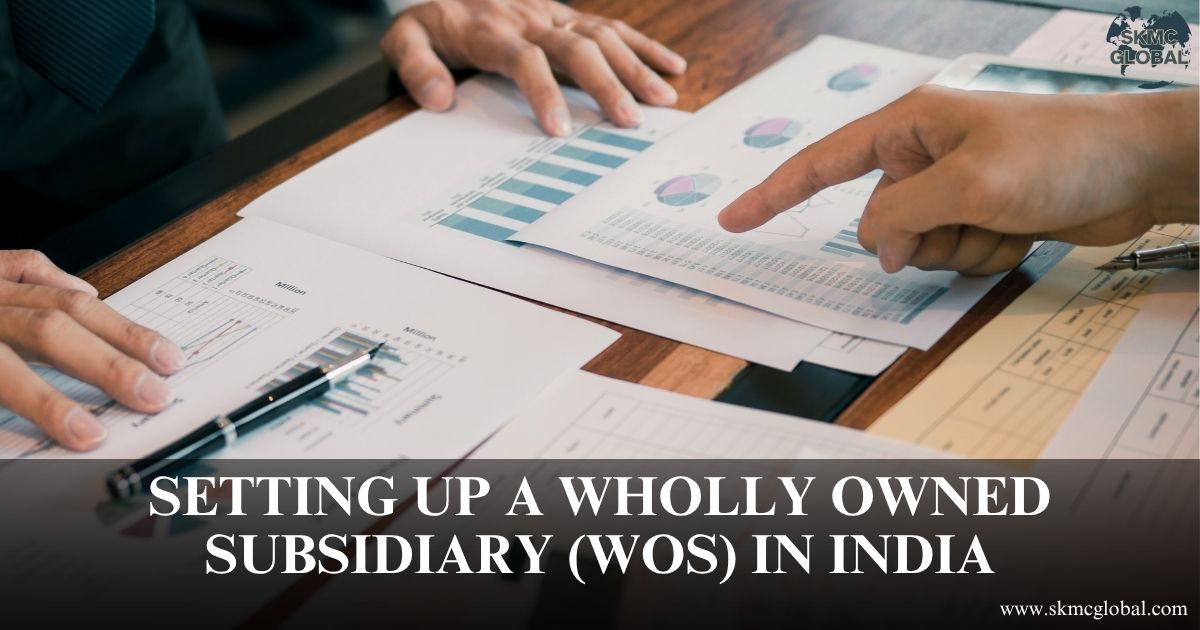 Setting Up a Wholly Owned Subsidiary (WOS) in Indi...
Aug 12,2025
Setting Up a Wholly Owned Subsidiary (WOS) in Indi...
Aug 12,2025
-
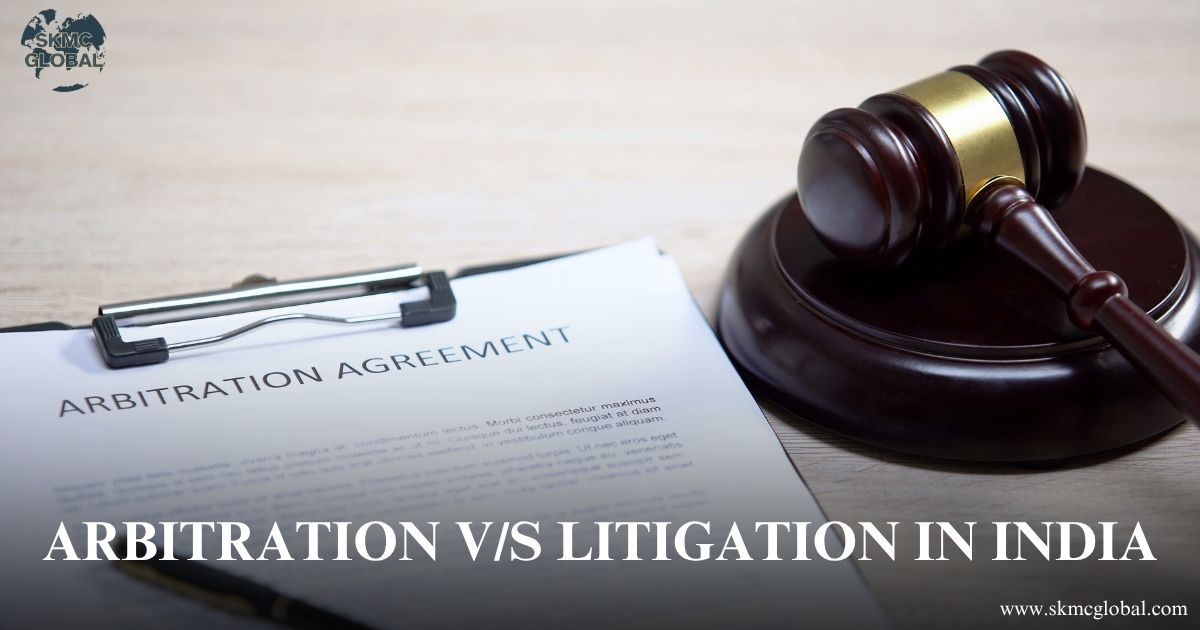 Arbitration v/s Litigation in India...
Aug 05,2025
Arbitration v/s Litigation in India...
Aug 05,2025
-
 Declaration of Dividend under Companies Act, 2013...
Aug 02,2025
Declaration of Dividend under Companies Act, 2013...
Aug 02,2025
-
 What is MSME Form 1 and how it can be filed?...
Aug 01,2025
What is MSME Form 1 and how it can be filed?...
Aug 01,2025
-
 What is CSR and how to compute the contribution am...
Jul 31,2025
What is CSR and how to compute the contribution am...
Jul 31,2025
-
 Process for removal of company auditor under Compa...
Jul 31,2025
Process for removal of company auditor under Compa...
Jul 31,2025
-
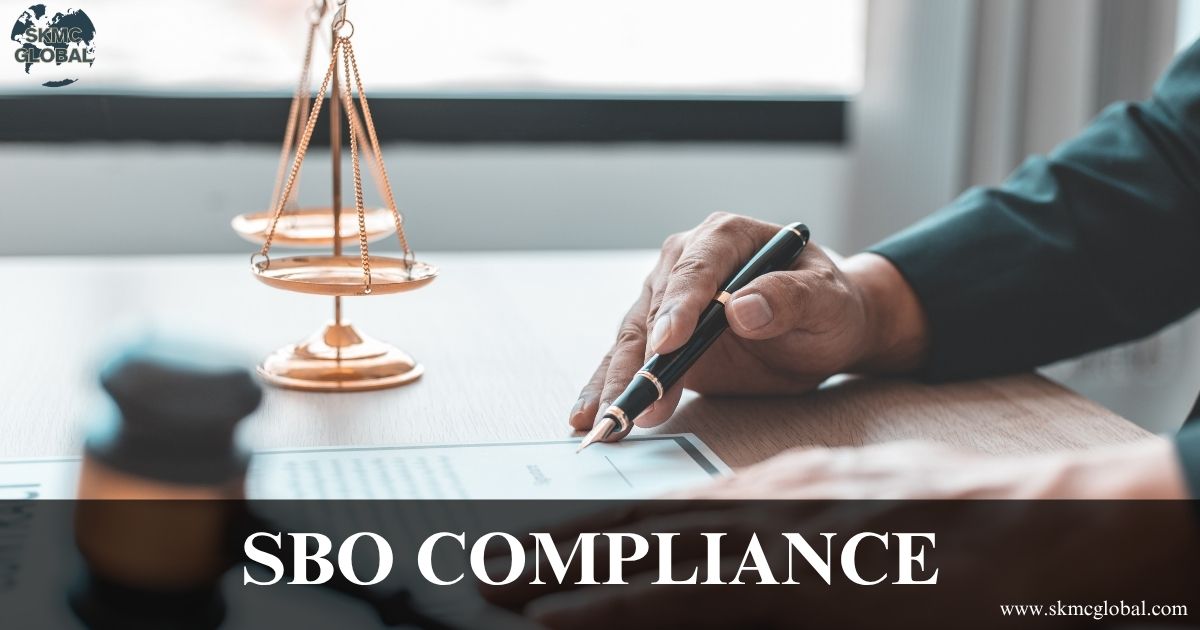 What is SBO Compliance and when it is needed?...
Jul 29,2025
What is SBO Compliance and when it is needed?...
Jul 29,2025
-
 Role of Key Management Personnel and their appoint...
Jul 28,2025
Role of Key Management Personnel and their appoint...
Jul 28,2025
-
 Registering a Partnership Firm in India...
Jul 28,2025
Registering a Partnership Firm in India...
Jul 28,2025
-
 Procedure to strike off a company...
Jul 28,2025
Procedure to strike off a company...
Jul 28,2025
-
 sox and internal control...
Jul 17,2025
sox and internal control...
Jul 17,2025
-
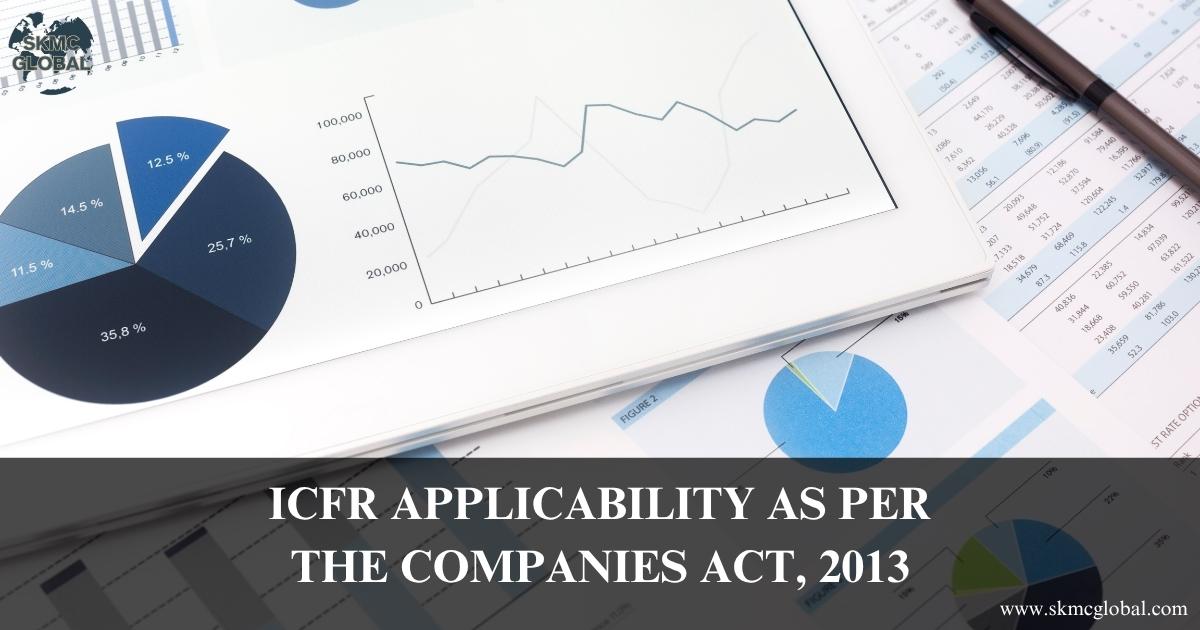 ICFR Applicability as per the Companies Act, 2013...
Jul 15,2025
ICFR Applicability as per the Companies Act, 2013...
Jul 15,2025
-
 Concept of Sweat Equity Shares and its uses...
Jun 25,2025
Concept of Sweat Equity Shares and its uses...
Jun 25,2025
-
 Whether loans and borrowing are considered as depo...
Jun 18,2025
Whether loans and borrowing are considered as depo...
Jun 18,2025
-
 What are the major compliance for unlisted compani...
Jun 05,2025
What are the major compliance for unlisted compani...
Jun 05,2025
-
 A Guide to Compensation to Director in Indian Corp...
Jun 04,2025
A Guide to Compensation to Director in Indian Corp...
Jun 04,2025
-
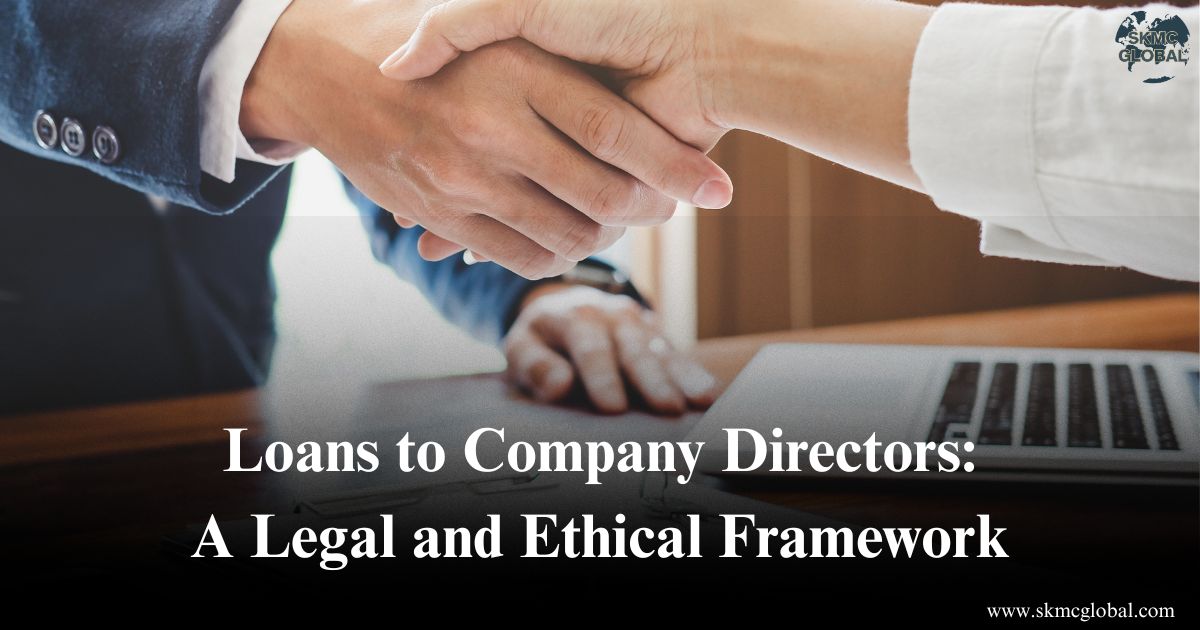 Loans to Company Directors- A Legal and Ethical Fr...
Jun 04,2025
Loans to Company Directors- A Legal and Ethical Fr...
Jun 04,2025
-
 Top 7 Things You Must Know About External Commerci...
May 16,2025
Top 7 Things You Must Know About External Commerci...
May 16,2025
-
 Integrating CSR into Your Business Model:A Step-by...
May 14,2025
Integrating CSR into Your Business Model:A Step-by...
May 14,2025
-
 What are the applicable Labour Laws in HR (Human R...
May 14,2025
What are the applicable Labour Laws in HR (Human R...
May 14,2025
-
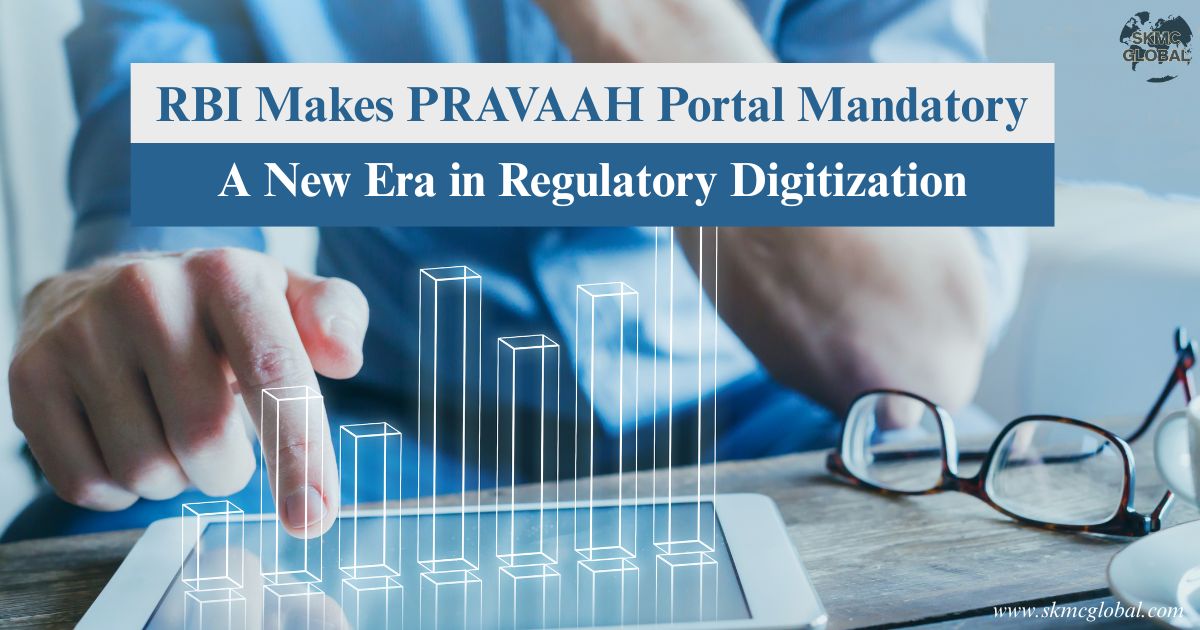 Unveiling the PRAVAAH Portal: A Comprehensive Guid...
Apr 18,2025
Unveiling the PRAVAAH Portal: A Comprehensive Guid...
Apr 18,2025
-
 FLA Return and its compliance...
Feb 08,2022
FLA Return and its compliance...
Feb 08,2022
-
 Process of closure of Branch office in India...
Dec 30,2021
Process of closure of Branch office in India...
Dec 30,2021
-
 Steps to Shut down the Liaison Office in India...
Sep 14,2021
Steps to Shut down the Liaison Office in India...
Sep 14,2021
-
 Procedure for closure of Project Office in India...
Aug 10,2021
Procedure for closure of Project Office in India...
Aug 10,2021
